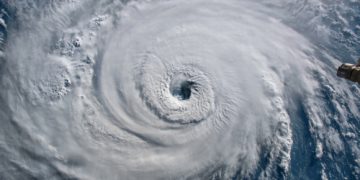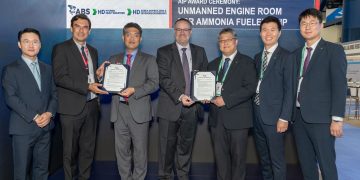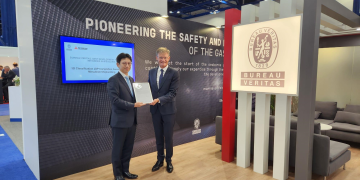Advanced emissions monitoring of large ships calling at EU ports could help save owners and operators of large ships up to 9 million/year, according to a new study published by sustainable transport group T&E. These savings would come from lower operational costs of using automated systems such as fuel flow meters or continuous emissions monitoring, which are already used by many of the world's largest shipping companies. Transport & Environment(T&E) has issued a new study entitlted as '' Economic impacts of MRV of fuel and emissions in maritime transport'' to estimate the potential fuel saving and therefore lower emissions costs by the MRV implementation. In June 2013, the European Commission issued a strategy to address GHG emissions from maritime transport. The strategy consists of three consecutive steps: 1. Monitoring, reporting and verification of CO2 emissions from large ships using EU ports. 2. Greenhouse gas reduction targets for the maritime transport sector. 3. Further measures, including MBMs For the first step, the Commission issued a legislative proposal to establish an EU system for monitoring, reporting and verifying (MRV) of CO2 emissions from large ships using EU ports. Ships would thereby be obliged to monitor four parameters on a voyage basis, namely fuel consumption, distance travelled, time spent at sea, ...
Read more



























































